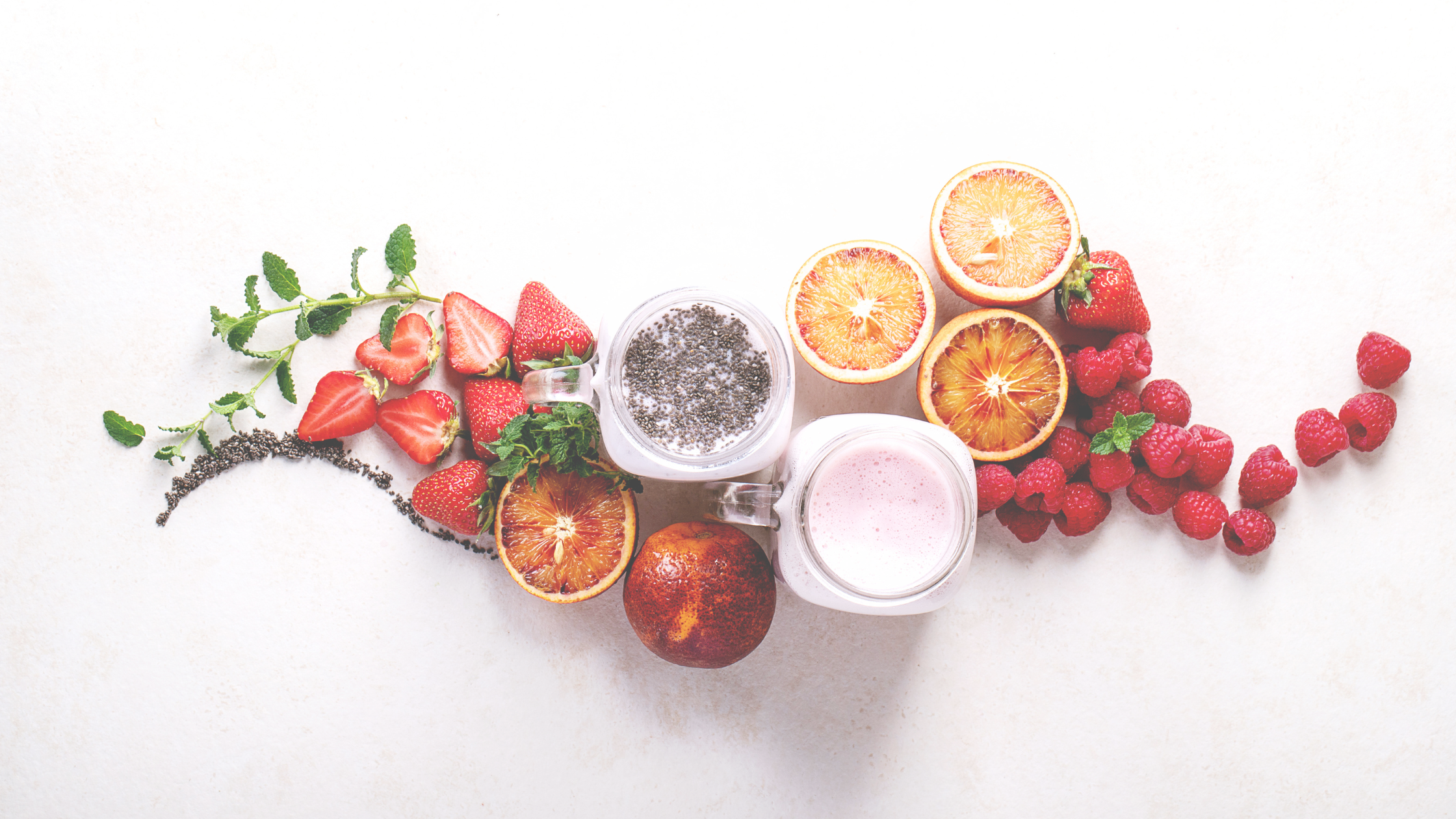In the pursuit of lustrous and vibrant hair, we often focus on external treatments and products. However, the foundation of genuinely healthy hair begins from within – with proper nutrition. Your hair and scalp health is intricately linked to what you put into your body. Let's explore how a well-balanced diet can be the key to achieving and maintaining a thriving mane.
Key Nutrients for Hair and Scalp Health:
- Protein: Hair primarily comprises a protein called keratin. Ensuring an adequate intake of high-quality proteins like lean meats, eggs, legumes, and dairy products helps in promoting hair growth and preventing hair breakage.
- Omega-3 Fatty Acids: These healthy fats, found in fatty fish (salmon, mackerel, sardines) and flaxseeds, support scalp health by reducing inflammation and promoting blood circulation, which can encourage hair growth.
- Vitamins A and C: These vitamins play vital roles in sebum production, which moisturizes the scalp and prevents hair from becoming dry and brittle. Foods rich in these vitamins include sweet potatoes, carrots, citrus fruits, and bell peppers.
- Biotin (Vitamin B7):** Often referred to as the "hair growth vitamin," biotin helps strengthen hair and prevent hair loss. You can find biotin in eggs, nuts, seeds, and leafy greens.
- Iron: An essential mineral for oxygen transport in the body, iron deficiency can lead to hair shedding. Incorporate iron-rich foods like lean red meats, spinach, lentils, and fortified cereals into your diet.
- Zinc: Zinc deficiency has been associated with hair loss and scalp conditions. Foods like oysters, nuts, seeds, and whole grains can provide the zinc your scalp needs.
Hydration and Hair Health:
Staying hydrated is crucial for overall well-being, and it directly affects the health of your hair and scalp. Water helps transport essential nutrients to hair follicles and maintains the natural moisture balance of the scalp, preventing dryness and flakiness.
A Balanced Diet for Optimal Hair and Scalp Health:
Incorporate a variety of whole foods into your diet to ensure you're getting a well-rounded range of nutrients. Lean proteins, whole grains, fruits, vegetables, and healthy fats should form the core of your nutrition plan. Avoid excessive consumption of processed foods, sugary snacks, and greasy fast foods, as they can negatively impact both hair and scalp health.
Consulting a Professional:
If you're experiencing significant hair loss, unusual scalp conditions, or have specific dietary restrictions, it's advisable to consult a dermatologist or a registered dietitian. They can provide personalized recommendations and address any underlying issues that may be affecting your hair and scalp health.
Your hair and scalp's appearance is a reflection of your overall health and nutrition. By prioritizing a diet rich in essential nutrients, you can pave the way for strong, shiny hair and a healthy scalp. Remember, the journey to beautiful hair starts at the root – quite literally – with the foods you choose to nourish your body.
